.jpg)
Continuous positive airway pressure (CPAP) is a non-surgical treatment system used for certain medical conditions such as snoring and obstructive sleep apnea. It provides air which is distributed into the airway via a specially designed nasal mask. The air flow creates enough pressure when a person inhales and keeps the airway open. Continuous positive airway pressure is highly effective and reduces the need for surgical procedures.
If a doctor opts for CPAP treatment a person should wear the mask each night and also make some lifestyle changes such as losing weight, quitting smoking and in some cases adopting a different exercise regime.
Who is a Suitable Candidate for Continuous Positive Airway Pressure (CPAP)?
People suffering from severe sleep apnea are excellent candidates for CPAP. The doctor (an otolaryngologist) will ask a patient certain questions and perform physical and otorhinolaryngological exam. Patient's medical history, lifestyle factors, cardiovascular conditions and current medications are all taken into consideration prior making a final decision. Before a patient receives the nasal mask he/ she undergoes a "sleep study".
CPAP is also applied in preterm infants in case their lungs are not fully developed. This is an excellent treatment for infants suffering from respiratory distress syndrome and those with bronchopulmonary dysplasia.
How does Continuous Positive Airway Pressure (CPAP) Work?
The treatment includes application of mild air pressure which keeps the airway open.
A CPAP machine is essential for the treatment, it is comprised of three parts, a mask or other device that is placed over the nose or the nose and the mouth, a tube that connects the mask with the machine and a motor that blows air into the tube and subsequently into the mask. Apart from this basic concept of CPAP machine, there may be additional features such as the presence of heated humidifiers. The CPAP machine is small and relatively quiet.
In case of obstructive sleep apnea the airways collapses or becomes blocked during sleep. These problems lead to shallow breathing and if a person tries to breathe any air that squeezes past the blockage can induce snoring. The pressure obtained from a CPAP machine prevents collapsing of the airway and subsequent problems.


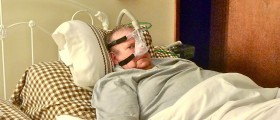
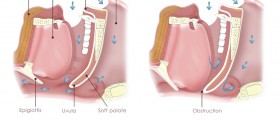
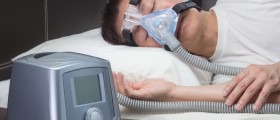
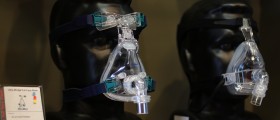
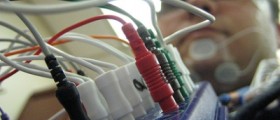
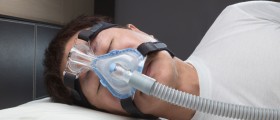
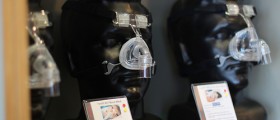

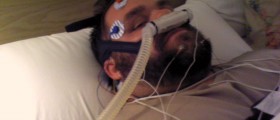

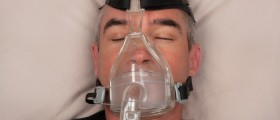
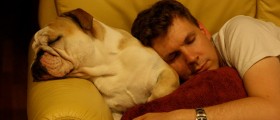

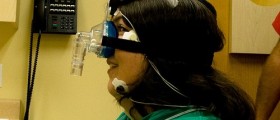

Your thoughts on this
Loading...